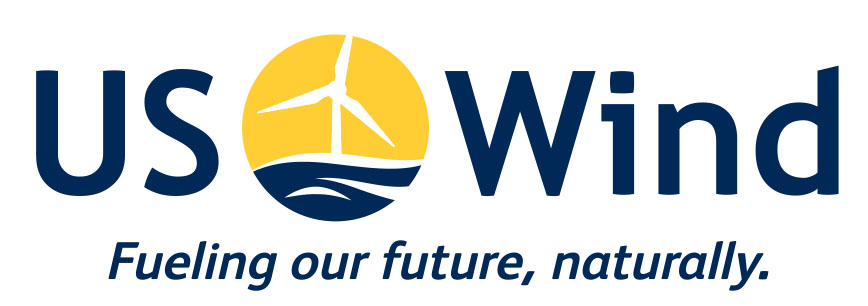Renewable energy’s role in a thriving local economy and growing small businesses
In the past few months, several large companies from different industries such as Apple, Amazon, and Walmart have announced that they are forming a trade association to “represent firms that purchase renewable energy and remove barriers that make it complicated to shift away from carbon.” Many large businesses in the U.S. have been expanding their renewable energy use.
But what does it mean for smaller businesses and local economies?
For one, comprehensive climate action is essential. Many U.S. states and cities have already adopted measures to develop renewable energy sources—a momentous feat. In Maryland, the Clean Energy Jobs Act will not only accelerate the state’s renewable portfolio standard to 50% by 2030, it will also create full-time equivalent jobs to Marylanders, provide job training, and support small businesses.
In January this year, U.S. Wind’s Francesco Onorio have announced that the company is already working with several local, tier one contractors, such as Baltimore’s Maritime Applied Physics Corp. and Strum Contracting Co.
In Oregon, the Clean Energy Jobs bill would limit and price pollutions caused by Oregon’s largest emitters—not small businesses. The proceeds will greatly help small businesses, especially ones located in rural areas, that have limited resources with funding and developing energy-efficiency projects.
The declining costs of renewable energy and innovative technology have made it more feasible and accessible not just for big cities but also rural communities, helping boost local economy and reducing the harmful effects caused by greenhouse gas emissions.
